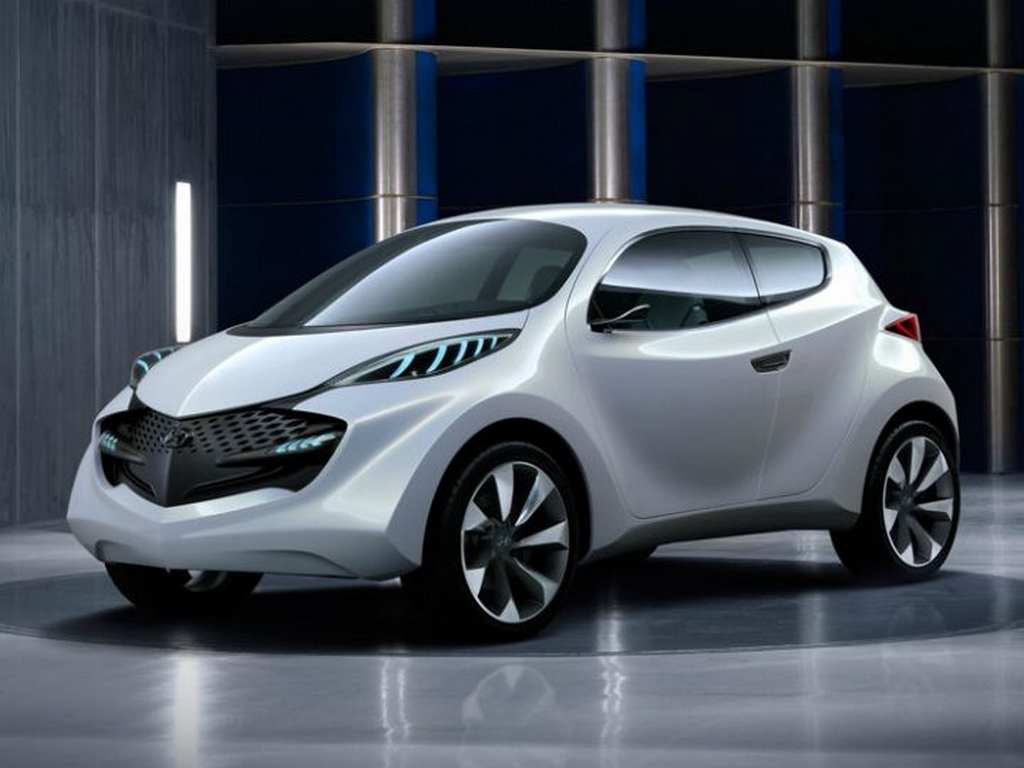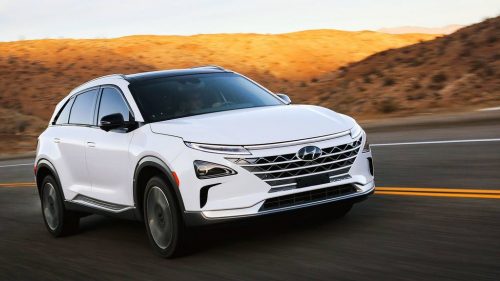
Hyundai finds India as an attractive proposition for testing and manufacturing compact smart electric vehicles
Hyundai Motor India Limited (HMIL) takes the responsibility to produce smart EVs for emerging markets as expanding the production capacity is also being considered. The South Korean auto major hopes to test electric cars in India, manufacture them and export to markets like South Asia according to Vice Chairman Chung Euisin.
The Indian division of Hyundai contributes to 15 percent of the brand’s global sales and big emphasis has always been put on the local operations due to its volume importance. India, being a primary compact car market, is evolving rapidly in technology and Hyundai wants to make full use of it.
At the MOVE global mobility summit in New Delhi, Hyundai announced launching three “smart and economic” EVs and they obviously beckon investments for localisation and component sourcing at the Sriperumbudur facility that almost runs on full capacity currently.
Hyundai is working out the “second phase” of investment in India and harbingering the EV strategy is the debut of electrified version of globally popular Kona SUV. It will go on sale in the second half of next year ahead of the possible arrival of Nexo Fuel Cell Electric Vehicle and electric or hybrid variant of the flexible Ioniq.
To make an immediate impact, Hyundai is reviving the Santro nameplate with a new tall hatchback. Codenamed AH2, it will use an updated version of the four-cylinder Epsilon engine used in the old i10 and sit below the popular Grand i10. The first Hyundai vehicle to feature an AMT could be priced between Rs. 3.5-6 lakh (ex-showroom) to compete against Tata Tiago and Renault Kwid.
In a bit to increase volumes, Hyundai is bringing in a subcompact SUV codenamed QXi next year. The Maruti Suzuki Vitara Brezza rival is part of the company’s push to reach one million production milestone annually by the end of this decade. Hyundai’s oncoming EVs will be expensive, at least initially, as proper infrastructure has to be established.

